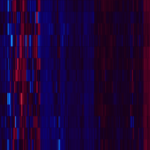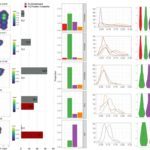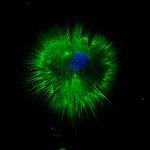Link to Pubmed [PMID] – 33239294
Link to DOI – eabc573910.1126/sciadv.abc5739
Sci Adv 2020 Nov; 6(48):
Resident macrophages are abundant in the bladder, playing key roles in immunity to uropathogens. Yet, whether they are heterogeneous, where they come from, and how they respond to infection remain largely unknown. We identified two macrophage subsets in mouse bladders, MacM in muscle and MacL in the lamina propria, each with distinct protein expression and transcriptomes. Using a urinary tract infection model, we validated our transcriptomic analyses, finding that MacM macrophages phagocytosed more bacteria and polarized to an anti-inflammatory profile, whereas MacL macrophages died rapidly during infection. During resolution, monocyte-derived cells contributed to tissue-resident macrophage pools and both subsets acquired transcriptional profiles distinct from naïve macrophages. Macrophage depletion resulted in the induction of a type 1-biased immune response to a second urinary tract infection, improving bacterial clearance. Our study uncovers the biology of resident macrophages and their responses to an exceedingly common infection in a largely overlooked organ, the bladder.











